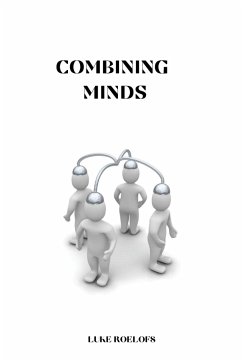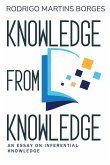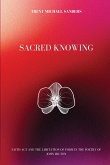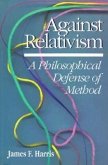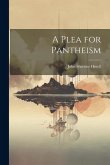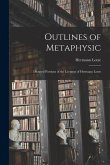This explores the possibility of composite consciousness: phenomenally conscious states belonging to a composite being in virtue of the consciousness of, and relations among, its parts. We have no trouble accepting that a composite being has physical properties entirely in virtue of the physical properties of, and relations among, its parts. But a long-standing intuition holds that consciousness is different: my consciousness cannot be understood as a complex of interacting component consciousnesses belonging to parts of me. I ask why: what is it about consciousness that makes us think it so different from matter? And should we accept this apparent difference? 'Combinationism' - the thesis that intelligibly constitutive composition is possible in the experiential realm - bears on many debates in the metaphysics of mind. Constitutive panpsychism's need for combinationism is at the centre of recent criticism of the theory, but physicalists also need an account of how the consciousness, or lack thereof, in two cerebral hemispheres and a whole brain, or a human being and their head, or a social group and its individual members, can be intelligibly related. And further back in history, the supposed simplicity of the soul was held to rule out any form of materialism, in a tradition of argument stretching from Plotinus to Brentano. With an eye to this diversity of debates, I examine the prospects for combinationists with a range of different background views about the nature of consciousness, the ontological status of the subject, the behaviour of the physical part-whole relation, and the notions of constitution and explanation themselves.

